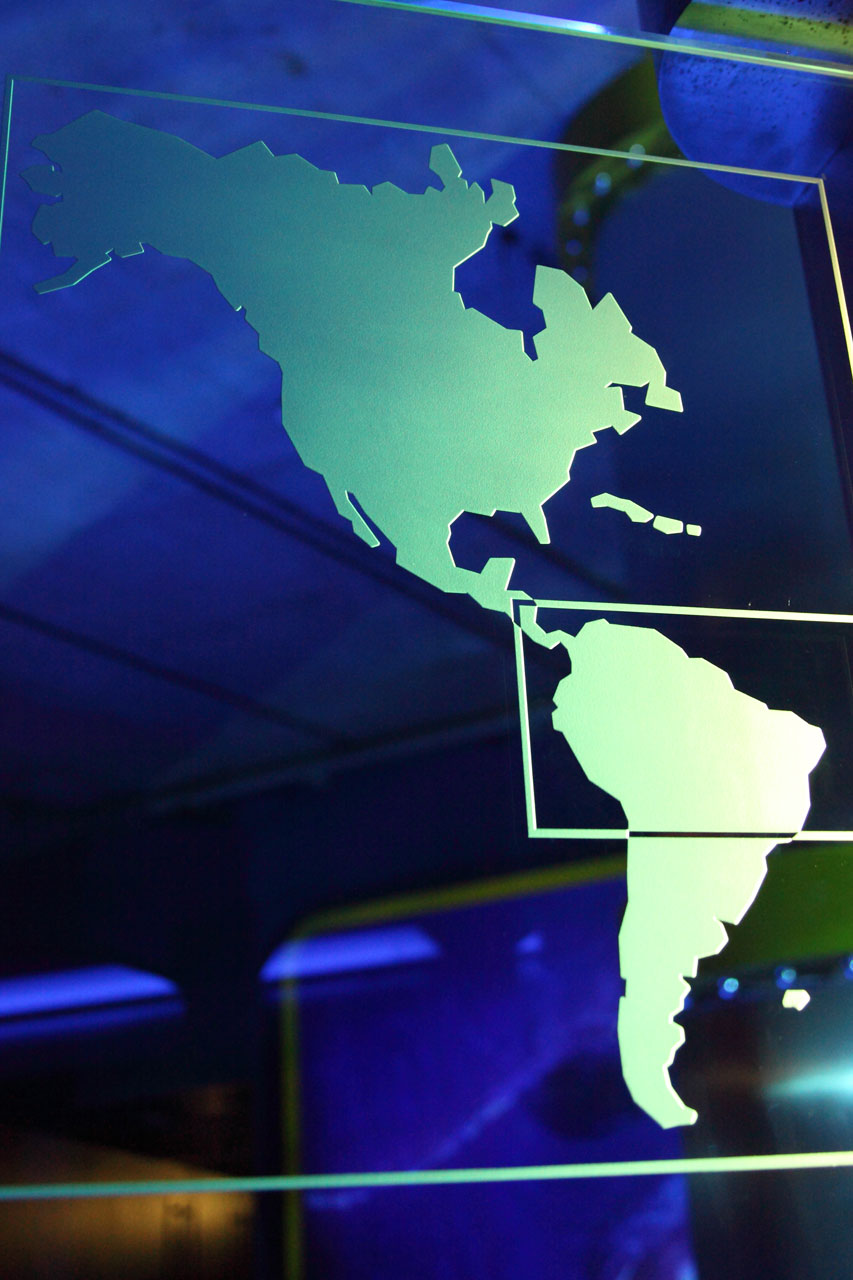Software Freedom in Perspective - Part 4 - Daniel on Linux-based Mobile Platforms in LATAM (Latin America)
Response to The bulshitification of freedom
IN THE opening part, the second part, and the last part I responded to some of Daniel's rants about freedom and what it meant to people who live under a state of national crisis. Today's part - like the last one - is more calm. It talks about GNU, Linux, and mobile.
Over to Daniel:
The mobile
From 2007 to 2010 my job was helping make multimedia stuff for mobile phones: I was the programmer, making both administrative and operative software tools, while the rest of the people in the office were mostly multimedia fellas. But that’s LATAM mobile phones we’re talking about: we get a zoo of all kinds of little monster devices here, all incompatible with one another, all of them unwanted in the rest of the world. And we’re talking about pre-smartphone era. So you have NO IDEA the kind of mess it was.
Here’s an example. We had to produce some files for some device I’m glad I can’t remember its particulars. But this was an audio file format exclusive for that device -and no other device-, and we had this typical windows GUI converter software from an input format to that particular output format. It was the only program in the entire world that allowed us to do that. We had it legally: it was bought instead of “just downloaded”, it wasn’t “freeware” or “shareware” either, and we had support for it. So one day can’t remember what happened but for some reason had to change something in that output format: we couldn’t get it to work in some situation, and needed to solve it ASAP. That software was working great for years, so it wasn’t the problem -I think it was a very specific version of the supposedly-same device-. Whatever, we wrote about it to the guy that made the software. He was in Australia or something: pretty far away from us. And the guy told us that he was unable to help us, because he had left programming and was now doing a life dedicated to surfing. We wrote him again about if, in that case, he could just send us the program’s code so I could patch it. We never had another reply from him.
It was so bizarre that actually ended up being funny even when we were about to lose our customer for that -and you know what that means for a small business in a niche area-. But it’s very representative of the chaos it was dealing with all those infernal devices. And that was just software: hardware cables and drivers and spare parts were another dimension of daily suffering.
In that job I did almost nothing web related. I was doing mostly automation: forcing operative rules to ensure our output’s quality, centralizing administrative data, dealing with all kinds of metadata and multimedia formats, and trying to make all of that work together and easy to use for non-IT people. This were mostly musicians and audio technicians, and what we were dealing the most was with ringtones: music companies sent us their original files, and we had to make different cuts of their tracks for ringtones -sometimes the chorus, sometimes some other part of the song like the intro-, as well as converting them to a lot of formats for different platforms. Selling music online wasn’t what we know today, and listening to it was a problem in itself. But working some years with it introduced me not only to the nasty details behind the multimedia formats -beyond what windows codec packs already did-, but also the music industry’s: we had to deal with “intellectual property” regulation too.
You see, there were different legally mandated unique ids for every combination of cuts from a song and their respective formats. So it wasn’t just about discerning “chorus” from “intro”: a midi file for the song’s chorus had an ID, and the same chorus in MOD format had another ID, and so the 8 and 16 bit versions of the same audio formats, and so on and so on for every format, all of that for the other cuts too. We didn’t make the IDs: they came in a spreadsheet along with other fields. Those IDs were used to later pay “the artist”. But then you had “creator” and “performer”, whose names may not be always available, they may be written very different from file to file, they may be a band’s song but later played by some solist from that band, it usually was a cover song, it wasn’t strange at all that the actual creator was already dead, the spreadsheet’s fields usually didn’t match between IDs for the same song, and so on and so on and so on. Also, for midis and monophonic stuff it was usual that our musicians had to actually just make such files: not cutting and/or converting an input media file, but creating it from scratch, which added an strange gray area between “performer” and “creator”, and of course this fellas ever saw a single penny from that. The thing is, this system was extremely imprecise by default, and we had to do our best to even make sense of it. It was a chaos all in itself without the need of the incompatible mobile phones in the middle.
And this was the era when “the smartphone” was born. I remember the whole iphone thing happening, and we were supposed to pay attention to it because it was our thing. I hated Apple for being the same crap we all know but refurbished for rich-ish people and adding extra problems for workers like myself when it was about software compatibility and multimedia formats, so I wished for it to die in a dumpster fire. Yet, it was finally a quasi-formal pocket computer -even when it wasn’t sold like that-, with proper web browser -instead of WAP browsers or tiny unusable screens-. So, my vision of about a decade before was becoming a reality: with the web mature enough, computers no longer needed that much power as everything can be remotely processed, so no need for big beefy computers anymore. Apple wasn’t particularly in sync with my approach to the idea -as I expected “no longer need beefy computers” to be translated as “cheaper devices”, not fetichized and expensive ones-, but the idea was there, working its way to reality. It was deeply ironic when I found out that they even named “iOS” their operating system -which, by the time, didn’t even had the ability to copy and paste-. Whatever the case, that same year Android was announced, and it also came with the word “linux” attached to it, so it added mass to the pile of reasons to try out that “linux” thing again.
Android ended up being quite crappy when compared to “desktop linux”, and to be frank I didn’t had the money to buy smartphones as if they were something either mandatory nor particulary useful, so I kept my old non-smart mobile phone which ran fine by me. I kept an eye in Ubuntu phone, but it wasn’t reaching Argentina any time soon, and didn’t had any spare phone (even less a compatible one) to try installing Ubuntu Touch in it, so I stayed away from mobile phone ecosystems. That was until Firefox OS came out in ~2014. That REALLY was the proper way of doing mobile phones: it was basically a standards-honoring web browser as a shell, interfacing with the kernel and some other OS APIs for permissions and hardware access, but every “program” was a zip file with html+js+css inside. That’s the way cheap, accessible, interoperable computing should have been done since years ago from that time already, and it was none other than Mozilla taking that front. Not even that, but their phones were low end: exactly what places like my country needed, and exactly what I needed to get into mobile phones; I was expecting this since the 90’s, when Microsoft integrated IE4 to their Windows desktop.
The next part deals with "Politics", including imperialism (e.g. Operation Condor), SIBIOS (Argentinian 'big brother'), and Richard Stalman's trips to Argentina (where his famous laptop was famously stolen along with other personal belongings). █


